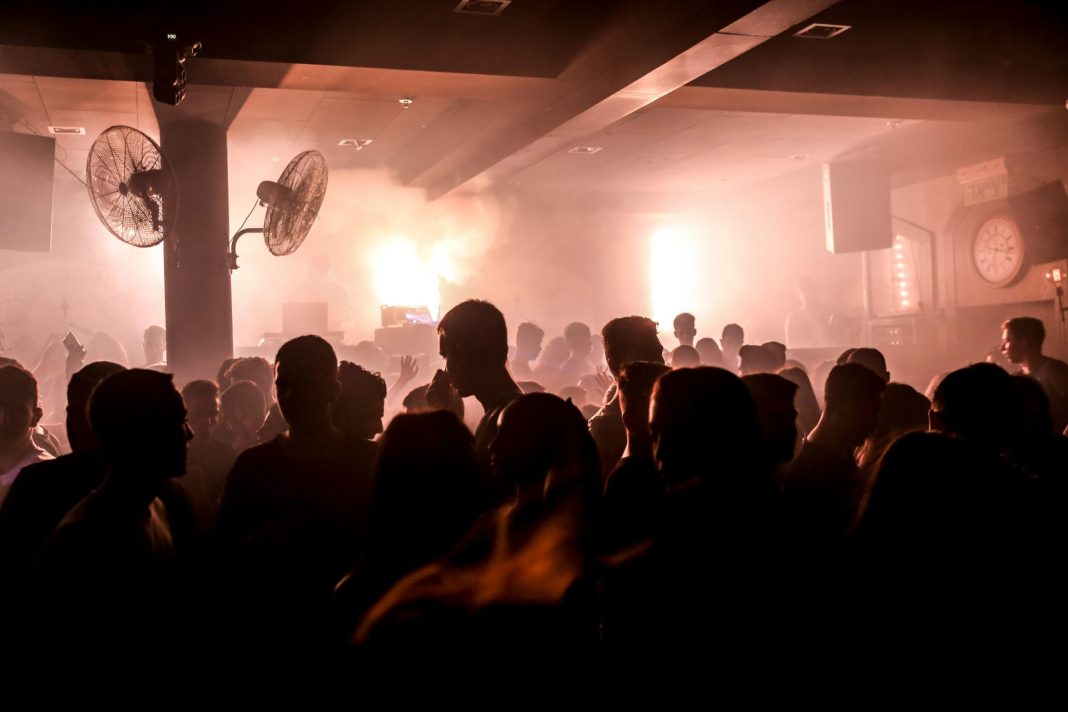Monday: reggae and dancehall. Tuesday: house and techno. Wednesday: garage, grime, and jungle. Thursday: UK hip hop. Friday: disco, funk, and soul.
Although Oxford students nowadays would not even know what to do with such variety, this exciting nightlife was the reality just ten years ago. Talking with Simon Devenport, the founder of Deep Cover, a local events collective and record label, I gained an insight into what the going-out scene used to be like in Oxford and the challenges it is currently facing.
The club playing the eclectic mix of music I just mentioned was The Cellar, a family-run music venue off Cornmarket Street open for nearly 40 years. It closed its doors in 2019 after disagreements over rent with the landlords, St Michael’s and All Saints’ Charities.
The dispute began in 2017 when it was decided that the space would be used as storage for the upstairs retailers. But these plans fell through when 13,600 people signed a petition against the developments. However, the landlords then reduced the capacity of the venue to 60 people after the fire escape was found to be 30cm too narrow, and despite raising £92,000 to fix the issue, the owners ultimately decided to close down the venue.
The closure of The Cellar was a huge blow to the nightlife, says Simon. He saw the venue as the “lynchpin” for the underground music scene. Students today have the limited choice of Bridge and Plush in central Oxford, with only the Bullingdon and O2 in Cowley offering slightly alternative gigs. As such, the clubgoers of Oxford are not left with many options.
There are two issues with this. Firstly, there is a lack of diversity in the music being played throughout the city – there are only so many Macklemore’s ‘Can’t Hold Us’ a girl can listen to! The current sounds of Oxford are not representative of its whole student body. An important factor Simon highlighted was that the different nights I began this piece with were run by different promoters who specialised in specific genres. In most of the clubs in Oxford today, the same promoters are responsible for all the nights, which makes it hard for an authentic sound to be heard through the speakers.
Secondly, the monopolised club scene in Oxford dampens the creativity and expression of young artists. With expensive booking hires and minimum spends, renting a club and running a night is virtually impossible as a student. There are very few spaces for aspiring event managers, DJs, technicians, and so on to hone their craft.
The closing of The Cellar also highlights the bigger issue of the Oxford community not being respected by companies and institutions. The Music Venue Trust accused the landlords of The Cellar of being in pursuit of “maximum profit”. Their desire for money meant that an important cultural space for the community was lost.
Another example of this commercial neglect is Plush’s decision to start a Wednesday sports night in the aftermath of losing yet another club, ATIK, a few months ago. Many a student article has been written on the lack of LGBTQIA+-ness in Plush in recent years, and their choice to start a regular non-queer night adds to this frustration.
The Oxford Union is the landlord of the space and was only recently involved in the controversy of hosting the transphobic speaker Kathleen Stock. It is disappointing that Plush, which is meant to be a safe space for the queer community, is tied to such a harmful event.
But what can be done?
Firstly, the companies and institutions I have drawn attention to need to recognise the importance of diverse cultural spaces. In Oxford, a variety of new sounds should be valued, and safe spaces for the queer community must be prioritised. Simon pointed out that not only have over ten clubs closed down since he was a student here ten years ago, but many of these spaces remain unoccupied.
He suggested that the council could facilitate their use as temporary spaces for gigs and other cultural events. Take Common Ground as a successful example. The space used to be a disused old Barclays Bank, but now it is a social enterprise and community hub. These spaces have so much potential to serve the community.
We, as students, also have a responsibility. Where and how we spend our night out is us casting a vote. We must make the effort to go to alternative spaces that respect and uplift the community. Tap Social, for example, is a social enterprise on Botley Road which “believe[s] in creating community spaces” and “ensure[s] that the alternative scenes in the city are not forgotten”, according to their events manager, Char Chaplin. The venue trains and employs people in prison and prison leavers to work, and Char says they also “work with local promoters and artists to … help keep the events scene in Oxford alive”.
Crucial to uplifting the music scene is that we get over the bizarre mental hurdle of venues being too far from central Oxford to make an effort. In any other city, Tap Social and similar venues would be considered down the road! It is important that during our short time here, we choose venues we believe in when we go get drunk and have a boogie.


